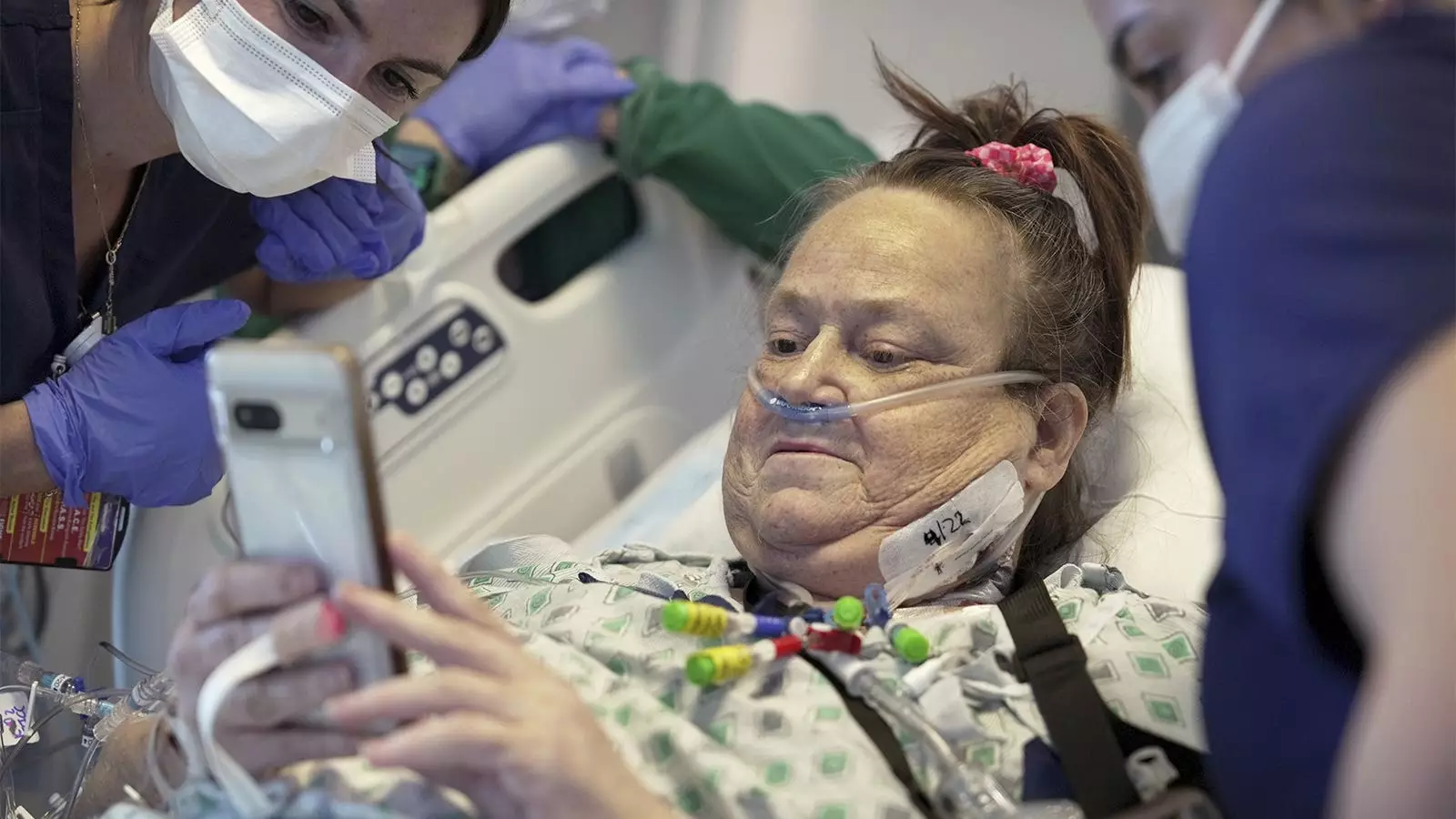Xenotransplantation, the process of transplanting organs from one species to another, has long been a topic of both hope and controversy in the medical field. Recent advancements in genetic editing have brought new possibilities for using animal organs, particularly pig organs, to address the critical shortage of human donors for organ transplants. However, as recent events have shown, the road to successful xenotransplantation is fraught with challenges and uncertainties.
Lisa Pisano, the second person to receive a kidney transplant from a gene-edited pig, recently faced a setback when her pig kidney began to fail just 47 days after the surgery. Despite initial signs of recovery, Pisano’s kidney lost function due to complications with managing her heart pump and the new organ. This incident highlights the unique challenges that come with xenotransplantation, particularly in cases where multiple organ systems are involved.
While xenotransplantation holds the promise of providing life-saving organ transplants to thousands of patients on waiting lists, the risks and uncertainties associated with the procedure cannot be overlooked. The case of Richard “Rick” Slayman, the first person to receive a pig kidney transplant, who died nearly 2 months after the surgery, serves as a grim reminder of the potential dangers of experimental transplants. Despite efforts to minimize rejection and improve organ function, the reality of the human body’s complex immune response to foreign tissue remains a significant challenge.
As more research teams explore the possibilities of xenotransplantation, including the use of genetically modified pig organs, the field continues to evolve. Formal studies of pig organs are expected to begin next year, offering new insights into the compatibility and long-term viability of animal-to-human transplants. Additionally, temporary transplants of pig organs into brain-dead bodies have shown promising results, indicating the potential for further advancements in the field.
The case of Lisa Pisano and the challenges faced by patients undergoing xenotransplantation highlight the need for careful consideration and research in the field of organ transplantation. While the hopes of providing life-saving transplants to those in need are strong, the risks and uncertainties associated with experimental procedures cannot be ignored. As researchers continue to push the boundaries of medical science, it is essential to approach xenotransplantation with caution and a critical eye towards both the possibilities and limitations of this groundbreaking field.



Leave a Reply